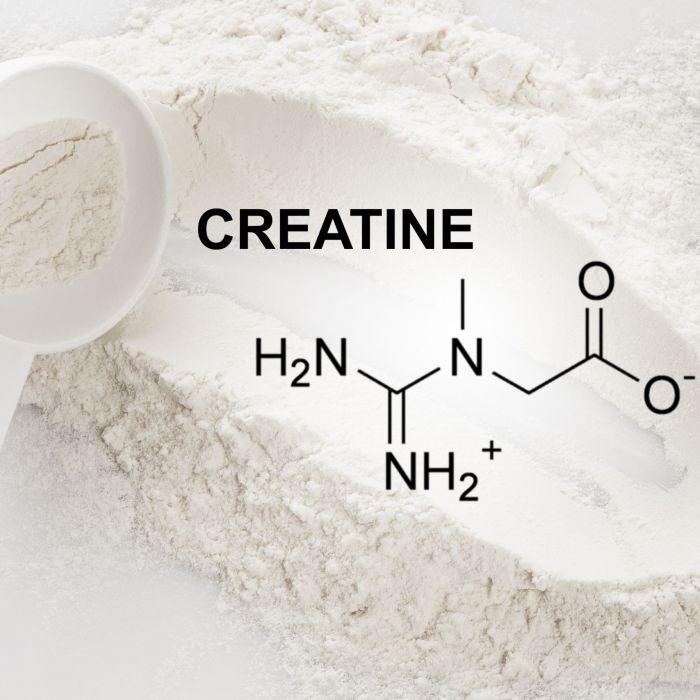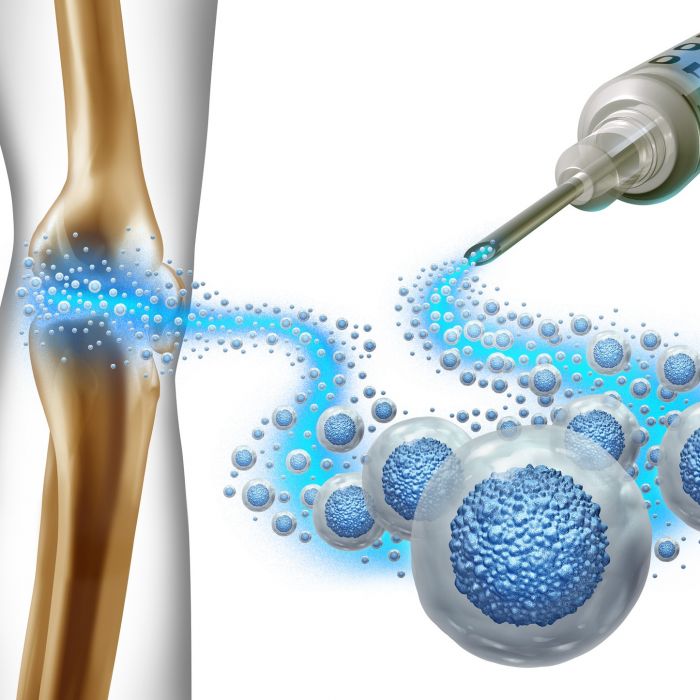Uncovering the Health Risks of Menopause: What You Need to Know
Menopause is a natural stage in life that all women will experience at some point. But many are not aware of the potential health risks associated with it. From cardiovascular to bone health, mental health and reproductive issues, menopausal women can face a variety of challenges as they transition through this phase of their lives. Thankfully hormone therapy can provide relief from these symptoms while also helping to avoid further complications down the line. In this blog post we’ll explore what risks come with menopause and how hormone therapy could help you manage them. So read on if you want to learn more about your changing body during menopause.
Cardiovascular Health Risks
Cardiovascular health risks are a major concern for women going through menopause. Atherosclerosis, high blood pressure, and heart disease can all be caused or exacerbated by the hormonal changes that occur during this time in a woman’s life.
Atherosclerosis is the hardening of arteries due to plaque buildup. This can lead to stroke, heart attack, and other serious cardiovascular problems. Women who are postmenopausal may have an increased risk of developing atherosclerosis because their bodies produce less estrogen which helps protect against it. To reduce your risk of atherosclerosis you should maintain a healthy lifestyle including eating a balanced diet low in saturated fats and exercising regularly.
High blood pressure is another common issue associated with menopause as hormone levels fluctuate throughout this period of life. High blood pressure increases your risk for stroke and other cardiovascular issues so it’s important to monitor your numbers closely if you’re experiencing menopausal symptoms such as hot flashes or night sweats. Eating foods rich in potassium like bananas, sweet potatoes, spinach, avocados, yogurt and salmon can help lower your blood pressure naturally while avoiding processed foods high in sodium will also help keep your numbers down.
As menopause can bring about an increased risk of cardiovascular diseases, it is important to take preventative measures such as regular exercise and a healthy diet. Additionally, understanding the potential bone health risks associated with menopause can help women manage their health more effectively.
Bone Health Risks
Menopause can lead to several bone health issues, including osteoporosis, fractures and breaks, and joint pain and stiffness. Osteoporosis is a condition in which bones become weak due to decreased density. This can lead to an increased risk of fractures or breaks when the bones are put under stress. Women should be aware that menopause increases their risk for developing osteoporosis as estrogen levels decline during this time.
Weight-bearing exercise, such as walking, jogging, stair climbing, or dancing is essential for maintaining strong bones during menopause. A balanced diet that contains calcium and vitamin D can also help to keep bones healthy by providing the necessary nutrients for bone growth and maintenance. Calcium sources include dairy products like milk, yogurt, cheese; green leafy vegetables like spinach; nuts; fish with edible soft bones such as sardines; tofu; fortified cereals; legumes including beans and peas; soybeans; almonds etc., while Vitamin D can be found in fatty fish such as salmon or tuna, egg yolks, mushrooms exposed to sunlight etc.
Menopause can lead to a decrease in bone density, putting women at risk for osteoporosis, fractures and breaks, as well as joint pain and stiffness. As such, it is important to understand the mental health risks associated with menopause that may arise from these physical changes.
Anxiety and Depression
Menopausal women are at an increased risk for developing anxiety or depression due to the hormonal changes that occur during this time in their lives. Symptoms such as hot flashes, night sweats, mood swings, fatigue, insomnia, weight gain or loss can all contribute to feelings of stress and low self-esteem which can lead to anxiety or depression. To help manage these symptoms it is important for menopausal women to engage in activities that promote relaxation such as yoga or meditation; get adequate sleep; eat a balanced diet; exercise regularly; talk with a therapist if needed; and consult with their doctor about hormone therapy options.
Memory Loss and Cognitive Decline
Memory loss is another common symptom associated with menopause due to the decrease in estrogen levels which affects brain function. This can manifest itself through difficulty concentrating on tasks or forgetting information quickly after learning it. It is important for menopausal women to practice “brain exercises” such as puzzles or crosswords which will help keep their minds sharp while also helping them relax. Additionally, they should focus on getting enough sleep each night (7-8 hours) since lack of sleep has been linked with impaired cognitive functioning in older adults.
Though menopause can cause mental health issues such as anxiety and depression, it is important to remember that the reproductive health risks associated with this stage of life are just as concerning.
Reproductive Health Risks
Infertility issues and low libido are two common problems associated with menopause. Many women experience decreased fertility due to the decrease in hormone production, making it more difficult for them to conceive. Low libido is also a common symptom of menopause as hormonal changes can affect sexual desire and arousal. Women may find themselves feeling less interested in sex or having difficulty becoming aroused during intercourse.
Menopause can also lead to urinary incontinence and urinary tract infections (UTIs). Decreased estrogen levels can weaken the muscles of the pelvic floor, which may cause women to experience bladder leakage or difficulty controlling their urine. UTIs are another common risk associated with menopause due to decreased production of protective mucus in the vagina and urethra. To reduce these risks, it is important for women to drink plenty of water throughout the day, do Kegel exercises for pelvic floor strength training if needed, use lubricants during intercourse if needed, talk to a doctor about any fertility concerns they may have, and consult with their doctor about hormone therapy options that could help restore natural moisture levels in the vagina while providing relief from symptoms like hot flashes and night sweats.
Declining estrogen levels during menopause can lead to weakening of the pelvic floor muscles, which may cause bladder leakage known as stress incontinence. This is a common issue among postmenopausal women but treatments such as Kegel exercises for pelvic floor strength training are available and can help improve bladder control over time. Additionally, urinary tract infections (UTIs) are also possible health risks related to menopausal changes in hormones; these occur when bacteria enters the urethra causing inflammation. To reduce your risk for developing a UTI, it is important to drink plenty of water throughout the day and take antibiotics prescribed by your doctor if needed to treat existing infections quickly and effectively.
Overall, understanding the potential reproductive health risks associated with menopause is important so that you can take the necessary steps to care for yourself both physically and emotionally during this transition period into post-menopausal life.
Menopause can bring about several reproductive health risks, but hormone therapy may be able to reduce or even eliminate these issues. Fortunately, there are also many potential benefits associated with hormone therapy that can help menopausal women enjoy improved physical and mental wellbeing.
Hormone Therapy Benefits for Menopausal Women
Hormone therapy is an effective treatment option for menopausal women that can help reduce the risk of cardiovascular disease, osteoporosis, and other conditions associated with menopause symptoms. Hormone therapy has been shown to improve moods, memory, sleep quality, sexual function, skin elasticity, muscle strength, bone density, metabolism and energy levels as well as libido in postmenopausal women.
Reduced Risk of Cardiovascular Disease:
Studies have found that hormone therapy can reduce the risk of heart attack and stroke in some post-menopausal women. This is due to its ability to lower cholesterol levels and improve blood vessel health. It also helps regulate hormones which can lead to a decrease in inflammation throughout the body.
Improved Mood & Memory:
Hormone therapy has been linked to improved cognitive functioning including better memory recall and overall mental clarity. It may also help alleviate depression or anxiety related symptoms such as irritability or fatigue by balancing out hormone levels within the body.
Sleep Quality & Sexual Function:
Women who take hormone replacement therapy often report improved sleep quality along with increased sexual desire and satisfaction during intercourse due to increased lubrication from vaginal dryness being alleviated by estrogen production from hormone treatments. Additionally, it helps strengthen pelvic floor muscles which can lead to more pleasurable sex life experiences for both partners involved in intimate activities together.
Estrogen produced through hormone replacement therapies can increase collagen production, leading to firmer skin tone and reducing wrinkles on facial areas affected by the aging process. Additionally, this hormonal balance will aid in increasing muscle mass while simultaneously decreasing fat deposits, making physical activity easier than before taking part in any sort of exercise regimen. This could lead to a healthier lifestyle overall as one would not feel overwhelmed too quickly when trying new things out.
Osteoporosis is a common condition amongst older adults, however there are ways to prevent it from occurring prematurely. Hormone replacement therapies contain helpful amounts of calcium and vitamin D3 which are essential for maintaining strong bones even into later years. Additionally, these treatments provide metabolic boosting effects aiding digestion processes while helping convert food sources into usable energy more quickly. This can allow us to enjoy our favorite meals without worrying about storing extra calories unnecessarily.
Your Next Steps
Menopause can be a difficult time for many women, but it doesn’t have to be. With the right knowledge and care, menopausal women can manage their health risks associated with this transition in life. There are many treatments for menopause available, including the option of hormone therapy that should not be overlooked as it may help reduce or even eliminate some of the potential health risks associated with menopause. It’s important to discuss your options with your doctor and find out what works best for you during this time of change.
Women going through menopause are at an increased risk for several serious health issues. From heart disease and stroke to diabetes, osteoporosis, and even some forms of cancer – the list is long and concerning. At AgeRejuvenation we are raising awareness about these risks so that women can take steps towards prevention or early detection when possible and ensuring that women have access to the resources they need to make informed decisions regarding their health during this important time in life.
We encourage you to learn more about how menopause may affect you by calling 888-681-6521 or reaching out through our convenient contact form.








